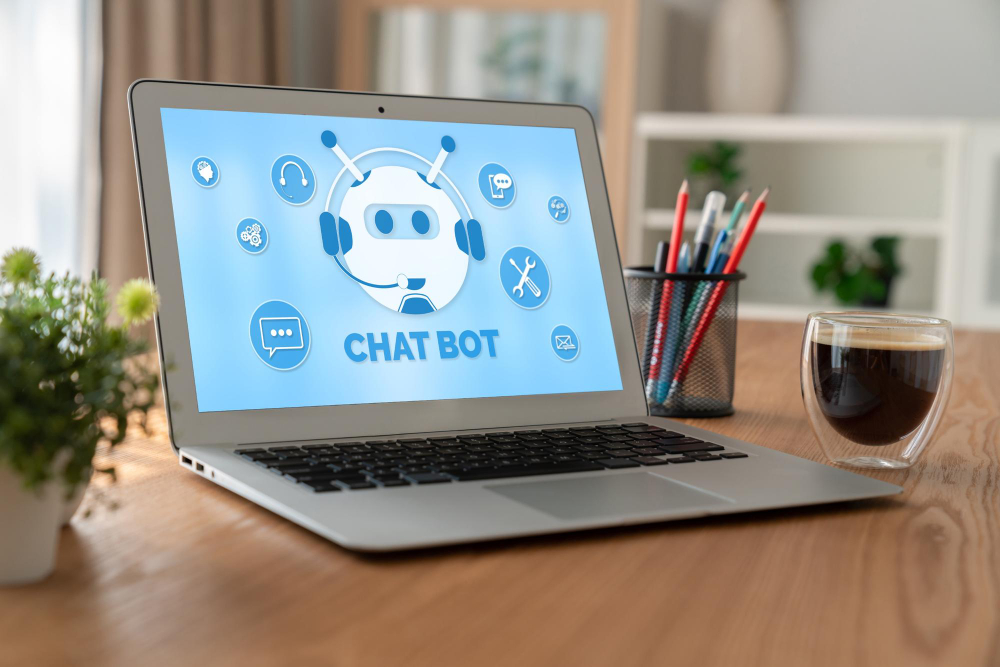In the rapidly evolving landscape of higher education, technological advancements are reshaping traditional learning methodologies. One such innovation that has gained significant traction is the advent of AI chatbots. These intelligent conversational agents are revolutionizing the way students interact with educational institutions, providing personalized assistance, round-the-clock support, and valuable insights for educators. In this blog, we delve into the impact of AI chatbots like ChatGPT on higher education and explore the benefits they bring to students, educators, and institutions alike.
The Role of AI Chatbots in Higher Education
AI chatbots play a multifaceted role in higher education, serving as virtual assistants, tutors, and administrative support systems. They leverage natural language processing (NLP) and machine learning algorithms to engage in human-like conversations, understand student queries, and provide tailored responses in real time. Whether it's answering academic questions, offering course recommendations, or assisting with administrative tasks, AI chatbots like ChatGPT are transforming the educational experience.
Advantages of AI Chatbots in Higher Education
Personalized Learning Experience
One of the key benefits of AI chatbots in higher education is their ability to deliver personalized learning experiences. By analyzing student interactions and learning patterns, chatbots can offer customized recommendations, resources, and study materials based on individual needs and preferences. This personalized approach enhances student engagement, comprehension, and overall academic performance.
24/7 Support and Accessibility
Unlike traditional support channels that operate within limited hours, AI chatbots provide round-the-clock assistance to students, ensuring accessibility whenever they need help. Whether it's during late-night study sessions or weekends, students can rely on chatbots like ChatGPT to address their queries, alleviate concerns, and provide guidance in real time, enhancing overall learning continuity and satisfaction.
Efficient Student Services
AI chatbots streamline various administrative processes within educational institutions, ranging from course registration and scheduling to financial aid inquiries and campus navigation. By automating routine tasks and providing instant responses to student inquiries, chatbots optimize operational efficiency, reduce administrative burdens, and free up resources for more strategic initiatives.
Data-Driven Insights for Educators
Another significant advantage of AI chatbots is their ability to generate actionable insights for educators and administrators. By analyzing vast amounts of student data, chatbots can identify trends, patterns, and areas for improvement within educational programs. This data-driven approach enables educators to make informed decisions, tailor instruction to student needs, and enhance learning outcomes effectively.
Challenges and Considerations:
Privacy and Security Concerns
While AI chatbots offer numerous benefits, they also raise concerns regarding privacy and data security. Educational institutions must ensure that student data is protected and comply with relevant regulations such as GDPR and FERPA. Implementing robust security measures and transparent data policies is crucial to maintaining trust and safeguarding sensitive information.
Integration with Existing Systems
Integrating AI chatbots seamlessly with existing educational systems and platforms can pose technical challenges. Compatibility issues, data synchronization, and interoperability must be addressed to ensure smooth integration and optimal performance. Collaborating with experienced AI chatbot development companies can help institutions navigate these complexities effectively.
Ensuring Accuracy and Reliability:
Accuracy and reliability are paramount when deploying AI chatbots in educational settings. Chatbots must be trained on high-quality data, regularly updated with accurate information, and monitored for performance to ensure consistent and reliable interactions with students. Continuous evaluation and refinement are essential to mitigate errors and enhance user satisfaction.
Conclusion
As AI chatbots continue to evolve and mature, their impact on higher education is poised to grow significantly. From enhancing personalized learning experiences to streamlining administrative processes and providing valuable insights for educators, chatbots like ChatGPT are redefining the educational landscape. However, realizing the full potential of AI chatbots requires addressing challenges related to privacy, integration, and accuracy effectively. By embracing innovative technologies and collaborating with an AI chatbot development company, educational institutions can harness the power of AI to foster a more engaging, accessible, and efficient learning environment for students worldwide.





Comments